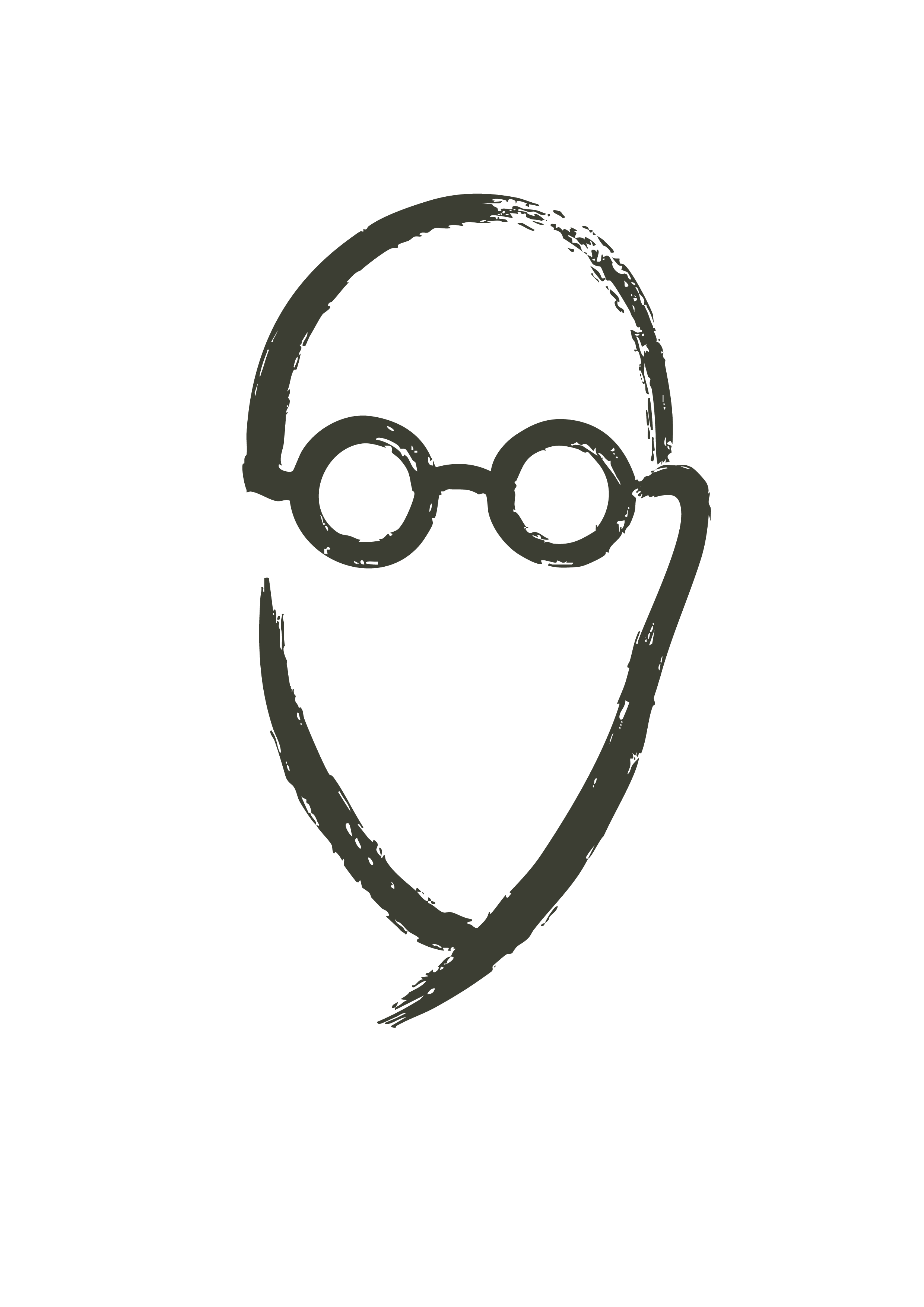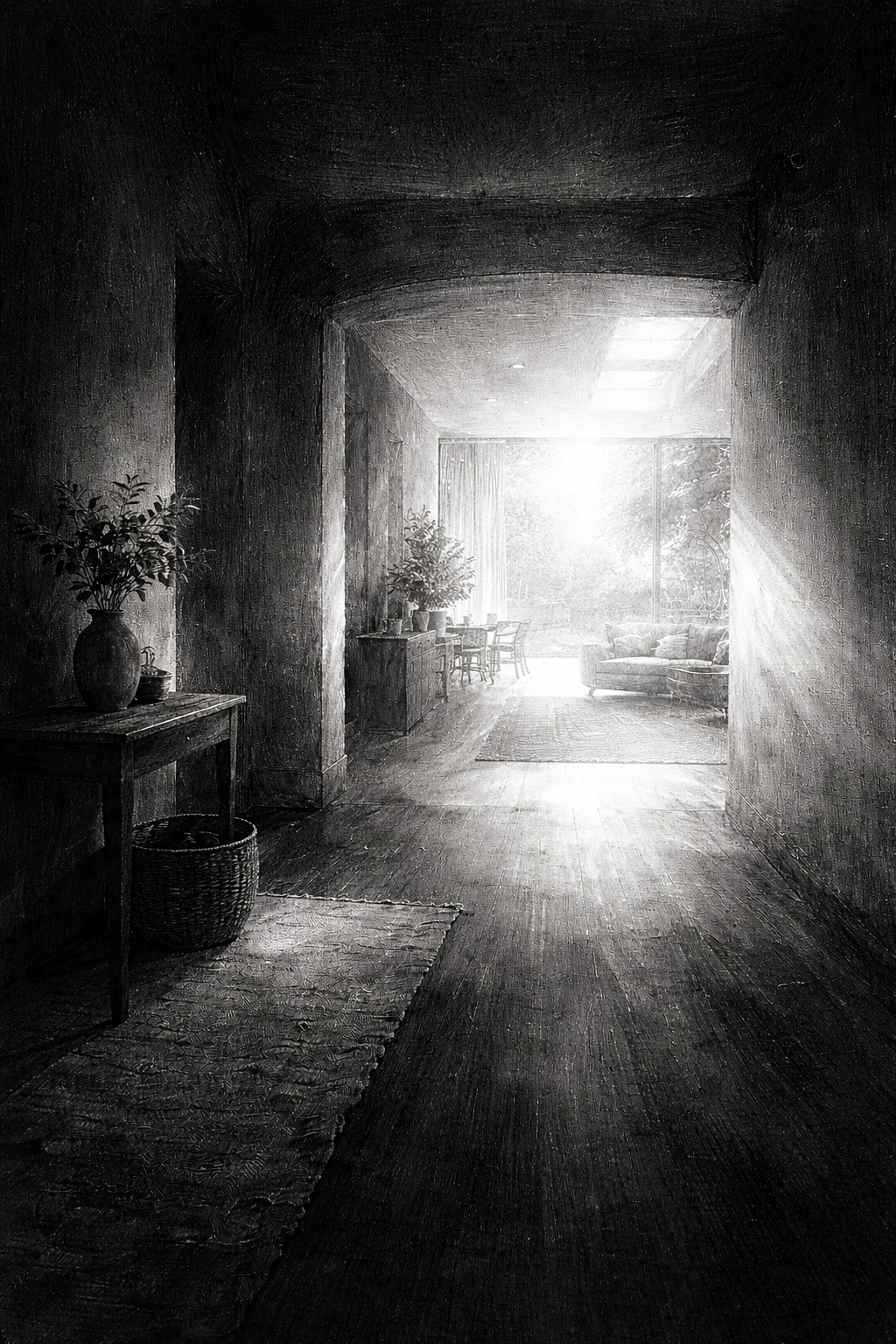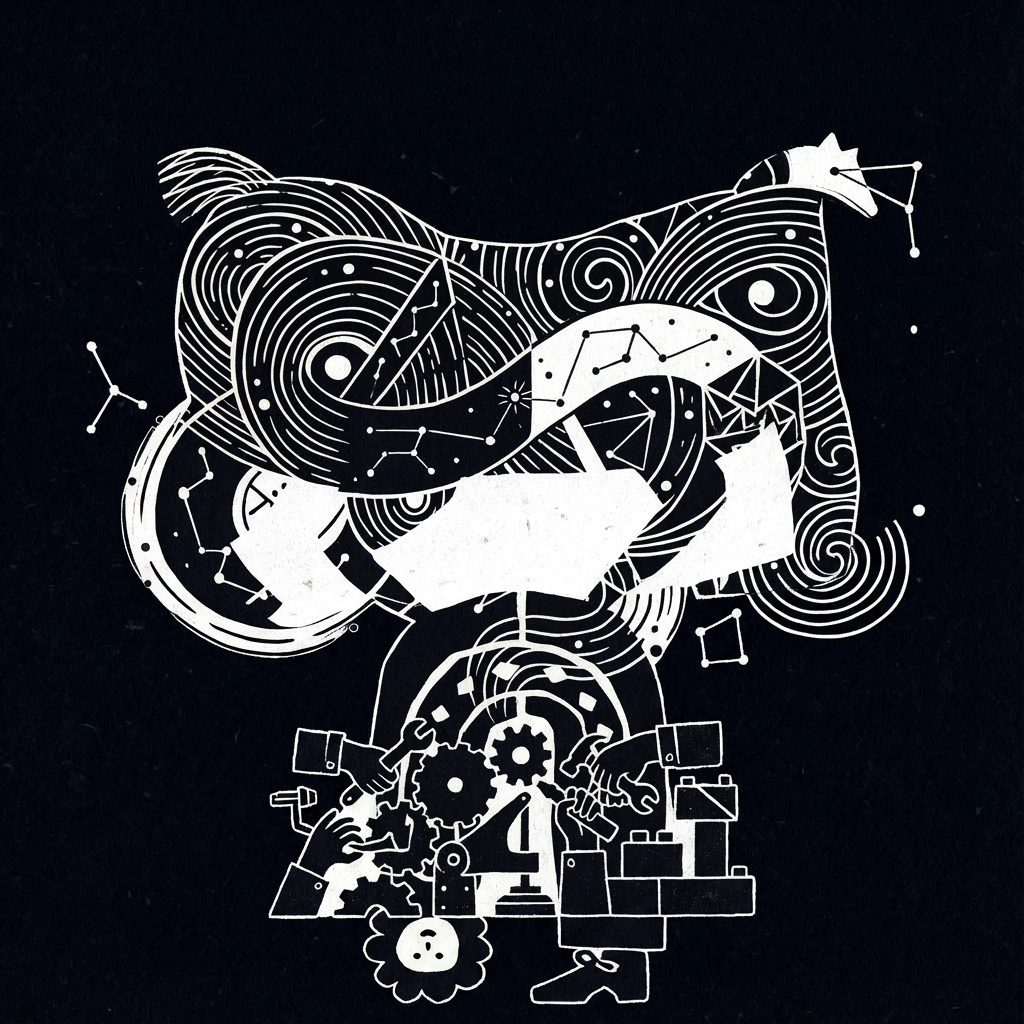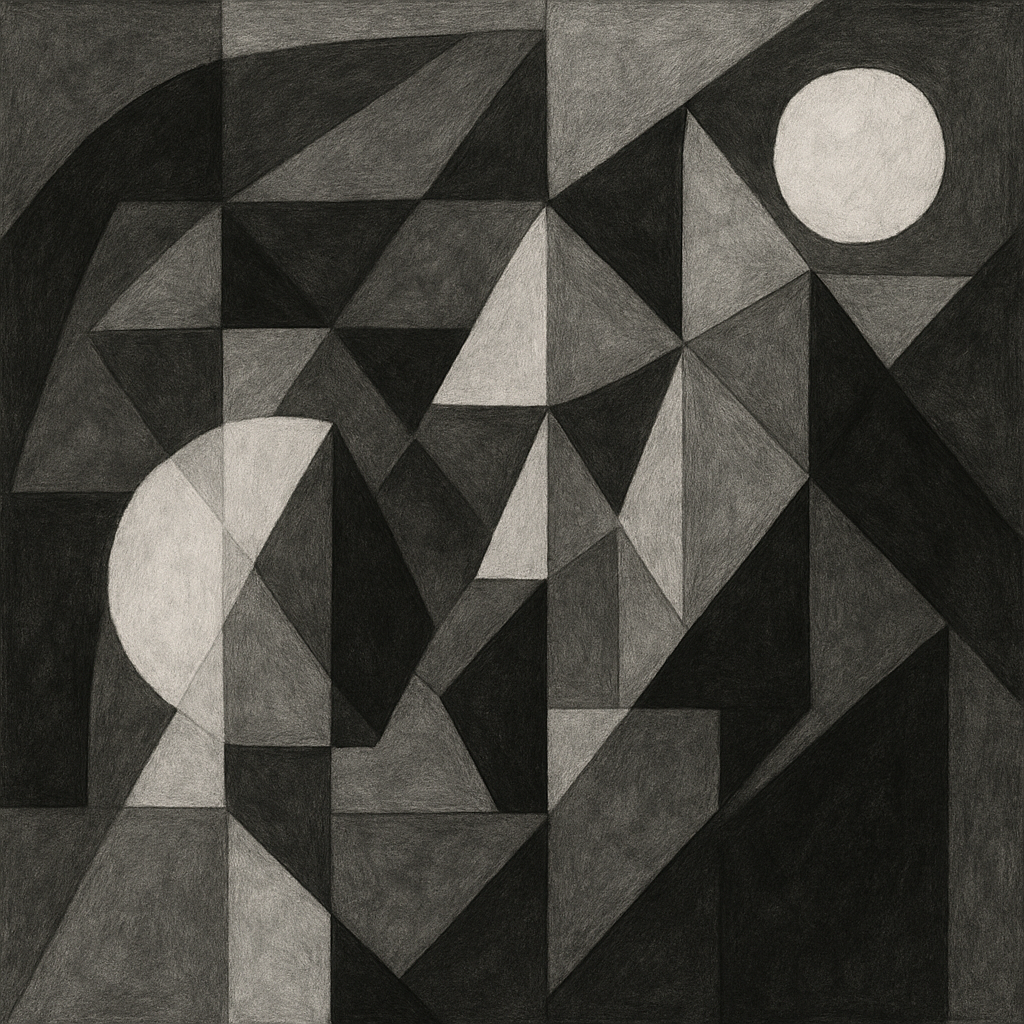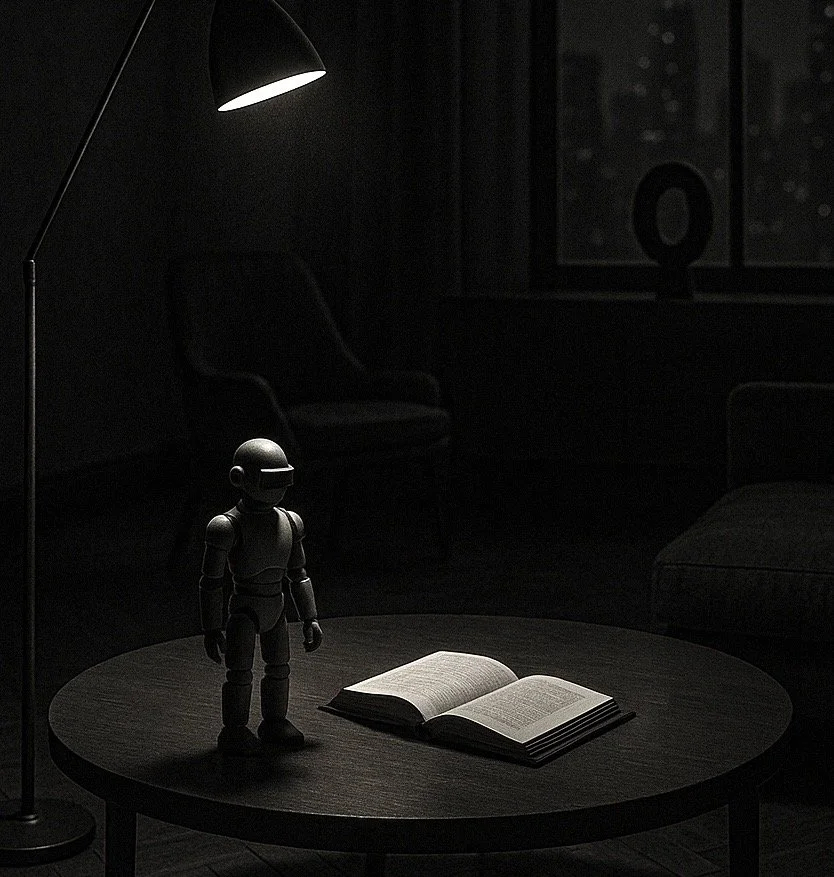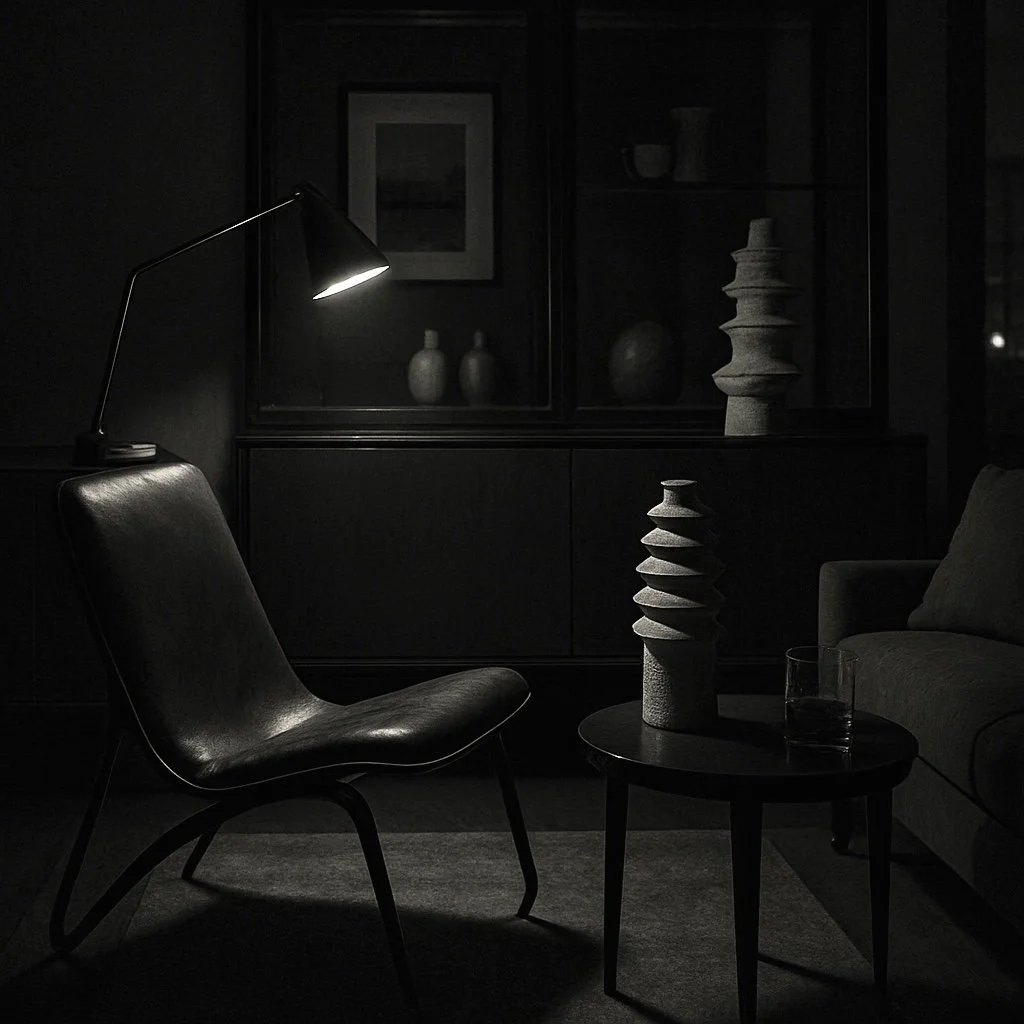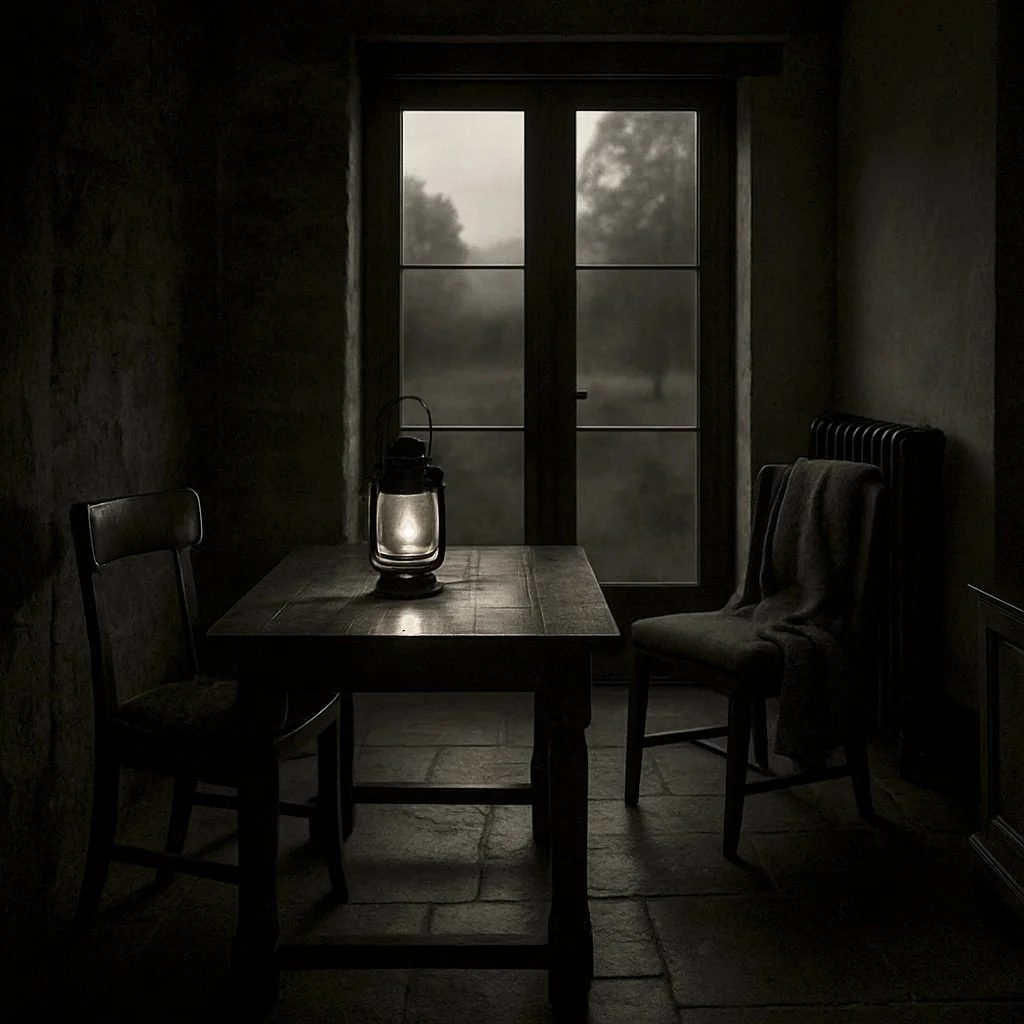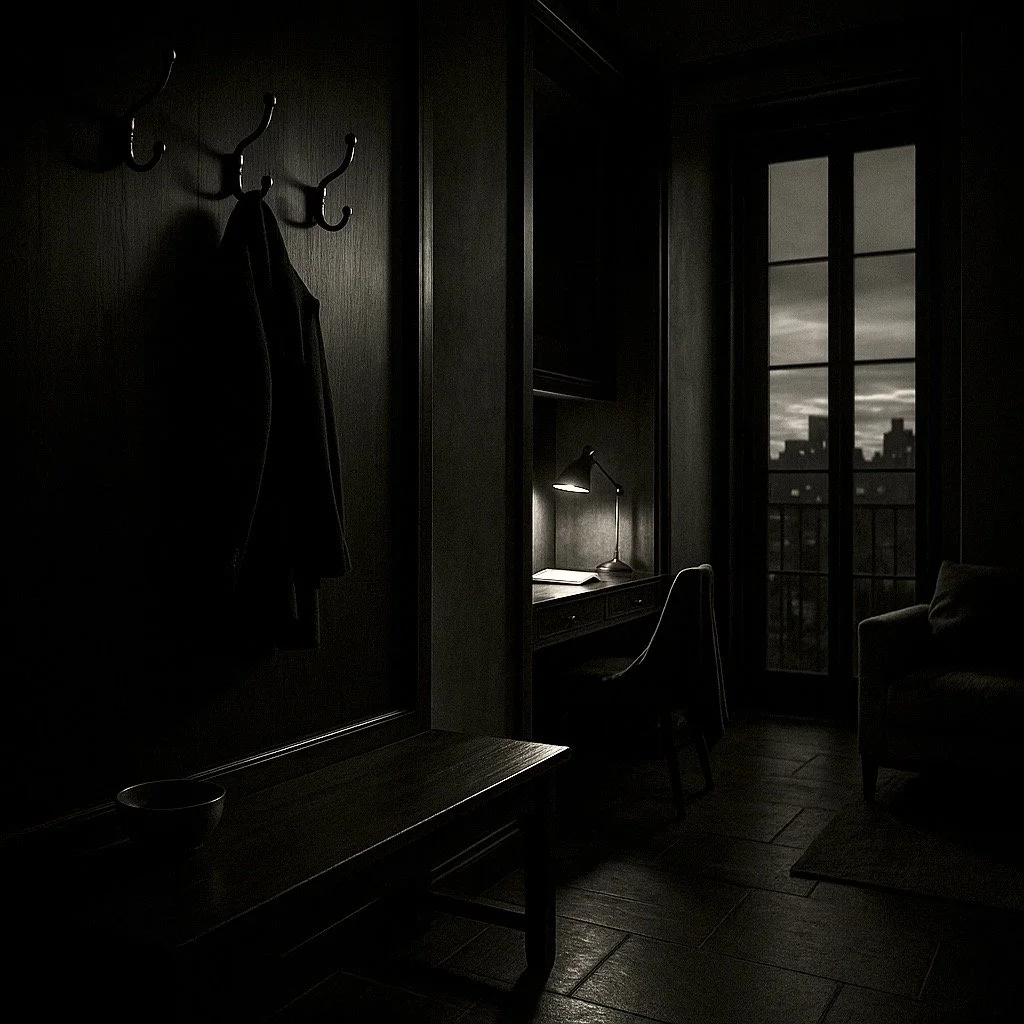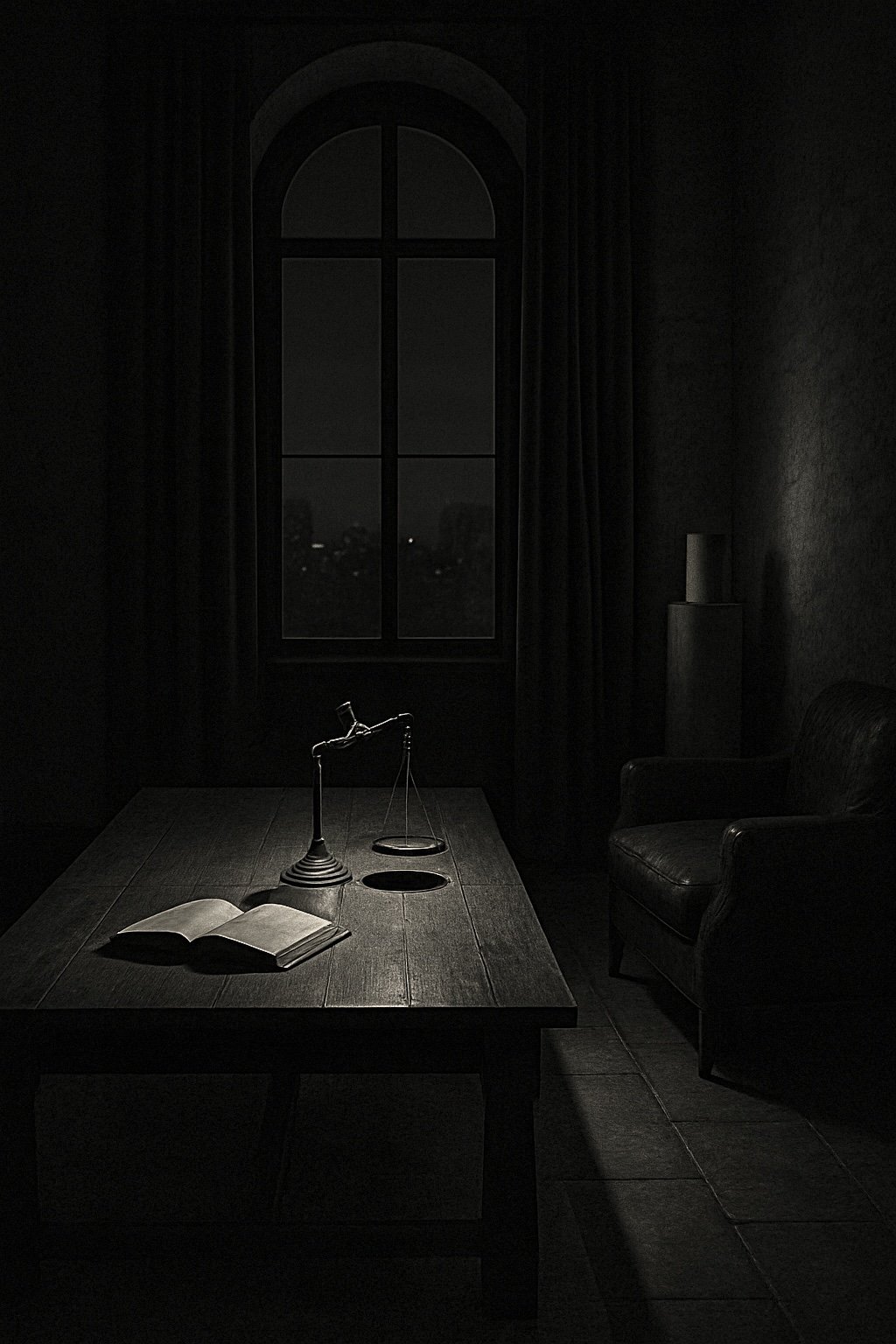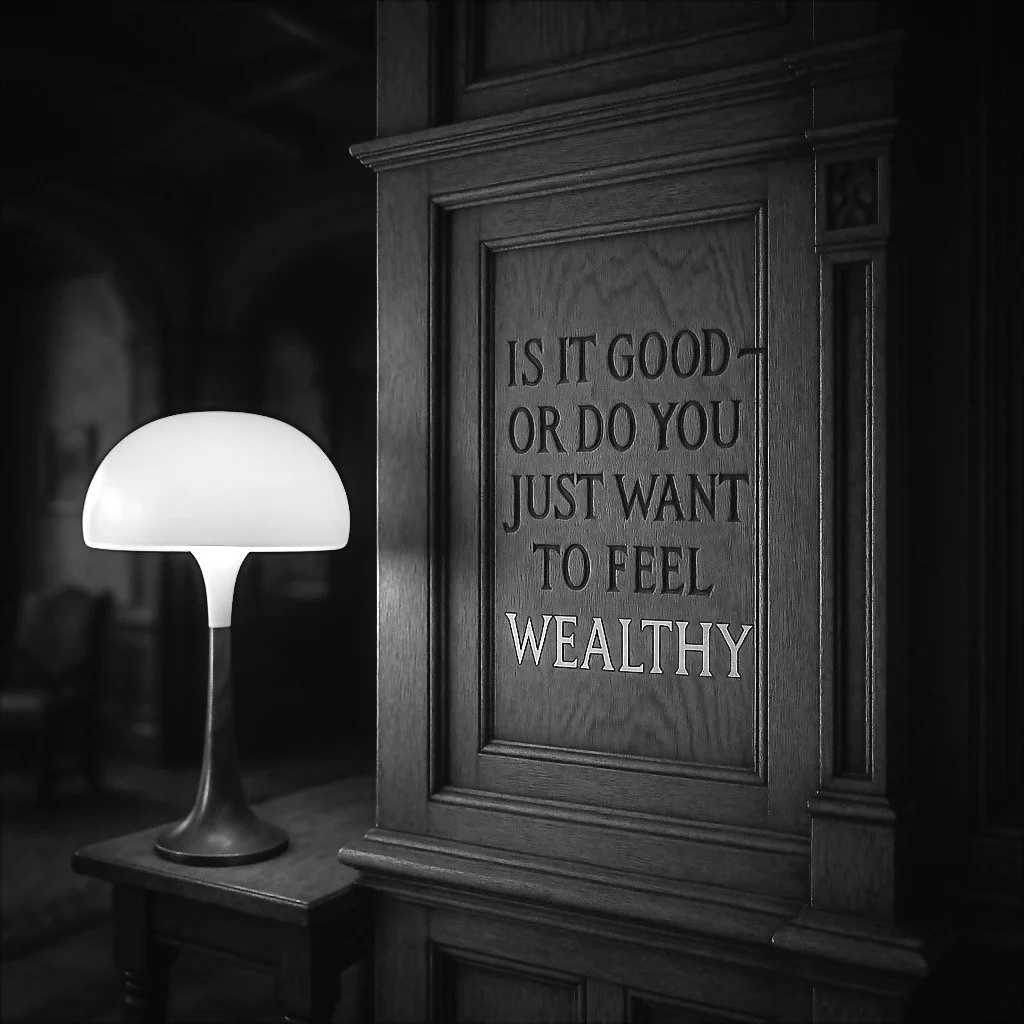THOURGHTS & THEORIES
Our design philosophy is grounded in thoughtful storytelling, human experience, and lasting authenticity. We believe spaces should evoke feeling and meaning, balancing beauty with function and respecting their cultural and historical context. Drawing on timeless principles, contemporary insight, and a deep understanding of how people truly live, gather, and connect, our style blends craft, narrative, and nuance to create environments that are not just seen, but felt. Here is more on those principles, thoughts and future forecasts…
THE WATERHOLE
Stirred Histories & Cultural Cocktails.
A cocktail is never just a drink. It is a small stage on which history, geography, and the mood of the moment perform together — a portable piece of culture, served in a glass.

